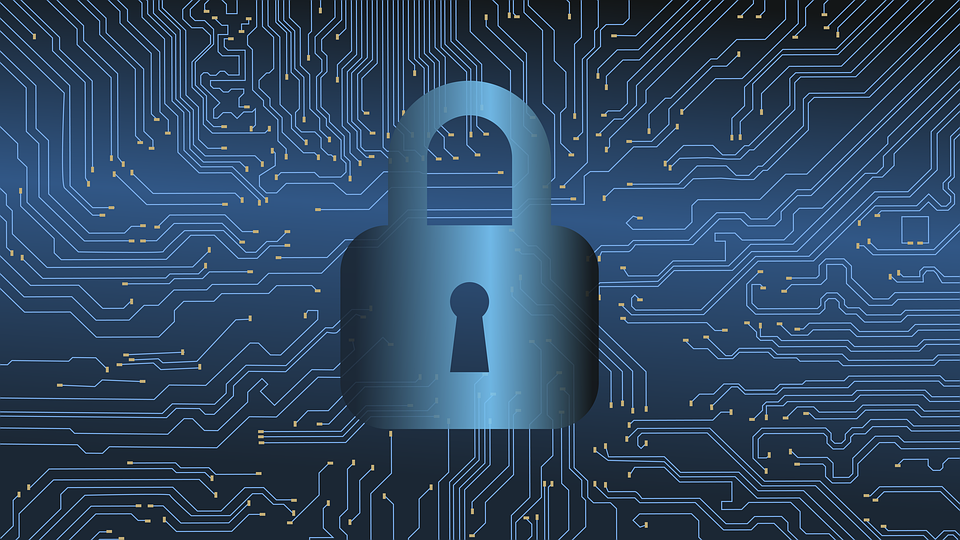A career in Cyber Security: what the future holds

The cyber industries are experiencing growth unlike any other. Businesses large and small all rely on data, and all data relies on Cybersecurity to keep it protected from attacks, leaks and any unwarranted access. This makes the Cybersecurity industry one of the least-populated and most lucrative fields out there, with a globally projected 3.5 million unfilled positions by 2021.
While most of us know the basics of job-seeking in a digital field; network, freelance, stay up-to-date – many may not know the trending job positions that the world of Cybersecurity holds for you. Luckily, there are many avenues for you to consider as a Cybersecurity professional that will assist you with maximizing your odds of becoming a part of this growing job market vertical.
The VPN (Virtual Private Network) industry is a place that is leading the demand for these positions. What is a VPN? A VPN can virtually spoof your location, obscuring your real location for maximum anonymity, freedom and bypassing restrictions.
Forensic Expert
Forensic experts, the detectives of the digital world, bag salaries on an hourly basis (charging anywhere from $200 to $400 on average). In this law-adjacent career, you can work directly with law enforcement and law firms on cases for both private or government sectors either for defensive or investigative purposes.
Security testing, a breach of the company itself, and the leaking or stealing of data by insiders are all hot-button issues that rely on an expert witness in the form of a computer forensic specialist expert. You will also be recovering deleted data (destroyed evidence, or lost information) and even looking into crimes on the dark web. An exciting job for curious minds.
Security Specialist
Microsoft currently estimates damages from cybercrimes at a global cost of $550 billion. In a time like this, you can step in as a security specialist, working on the frontline in securing a company’s fort either as an architect, engineer or consultant for security.
By 2021, 100% of companies will have a position for a Chief Information Security Officer – currently, this figure has grown from 50% to 65% in just two years.
As a security architect, you would map, plan, and draw the layout the entirety of a company’s cyber-protection plan and security framework; this involves handling how the engineering is handled as well, which deals with the specifics of technical problems and how to position defence against them.
Vulnerability Assessor
A game of reverse-engineering, a vulnerability assessor looks deep into software and products, picking apart their locks and logic to expose vulnerabilities so that they can fix them before they can be exploited elsewhere. The best part? This is a freelance field where your desire for understanding how things work can directly lead you to a self-employed job that will maximize your field of contact and scope.
According to research from Panda Security, hackers and cybercriminals are producing up to 230,000 new malware samples in a single day. This raises the stakes for all software in the market on a uniform level, also showing how Cybersecurity jobs such as this would only see more growth. (klonopin)
Penetration Tester
You might have heard of this under the more exciting name, hacking. A Penetration tester assesses the effectiveness of any system, software or network in the form of launching attacks to break into them or cause damage. He then points out these flaws for the digital firm to work on.
An edge that this particular position holds over the others is that you can get in from an entry level and work your way up. Many high-ranking Cybersecurity professionals might have started off their careers from here, simulating real network attacks for targets to help them strengthen their base.
Interestingly, you can also be a physical penetration tester, putting your skills to use to try and break into the physical spaces of a digital-based company. An excellent position if you love to travel.
Source Code Auditor
In strengthening products for a client, you can start right at the roots with a source code audit. A source code auditor’s job is to reveal any ‘backdoors’ or exploits in the very build of any particular software, from minor issues to major holes. If you have a keen eye towards efficiency and effectiveness of systems and procedures, this is the Cybersecurity job for you.
This is also a job with a requirement and a path to meet standards and compliances – meaning you won’t be left in the dark on what to do and how to do it. While it requires dedicated learning and focus, auditing also requires good interpersonal communication skills in reporting back your findings to the patrons.
In this climate, you play a role of governance as a Cybersecurity professional, helping companies and individuals across the world stay safer as the world grows more and more digitally connected. The specific path is up to you, and as listed in our suggestions, there are many ways you can go.
